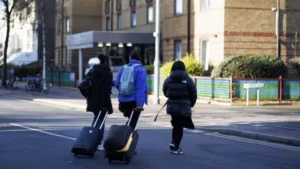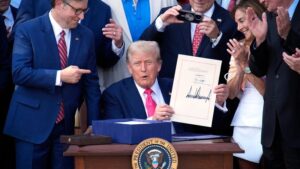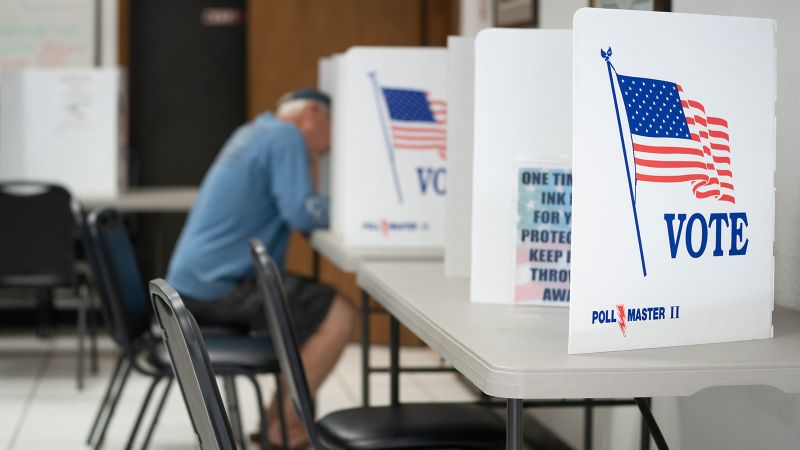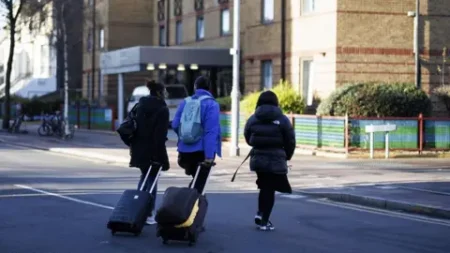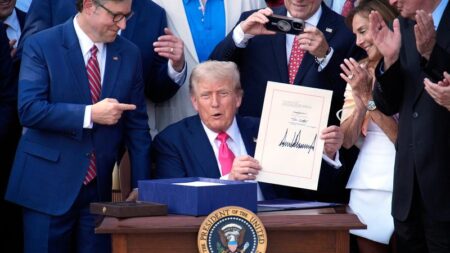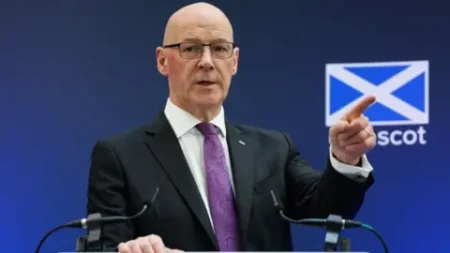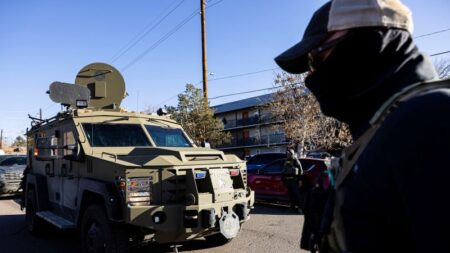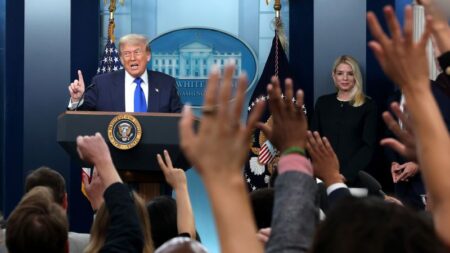In a series of upcoming events, voters in eight states will have the opportunity to decide whether to amend their constitutions to explicitly prohibit voting by noncitizens. This movement, spearheaded by allies of former President Donald Trump, aims to address concerns about potential election fraud and illegal immigration. North Carolina, a key swing state in the upcoming elections, recently joined Idaho, Iowa, Kentucky, Missouri, Oklahoma, South Carolina, and Wisconsin in putting citizen-only voting measures on the fall ballot.
While it is already illegal for noncitizens to vote in federal contests, Republican lawmakers have raised alarms about legal noncitizen immigrants being granted voting rights in municipal elections, sparking fears of foreign interference in US elections. Republicans in the US House have taken steps to require proof of citizenship to register to vote in federal elections, and several states have enacted similar laws or are considering doing so.
Critics of these measures argue that requiring proof of citizenship could create unnecessary barriers for eligible US citizens, particularly for young people who may not have easy access to their birth certificates. They also raise concerns that Republicans aligned with Trump may be laying the groundwork to challenge the election results if they do not win the White House or make gains in Congress.
Supporters of the citizen-only voting movement, including figures like Stephen Miller and Cleta Mitchell, argue that these measures are essential to safeguard the integrity of US elections. They contend that allowing noncitizens to vote could undermine the democratic process and dilute the voices of American citizens.
As these debates unfold at both the federal and state levels, voters in several states will have the opportunity to weigh in on this issue in the upcoming elections. The outcome of these ballot initiatives could have significant implications for the future of voting rights and election integrity in the United States.

